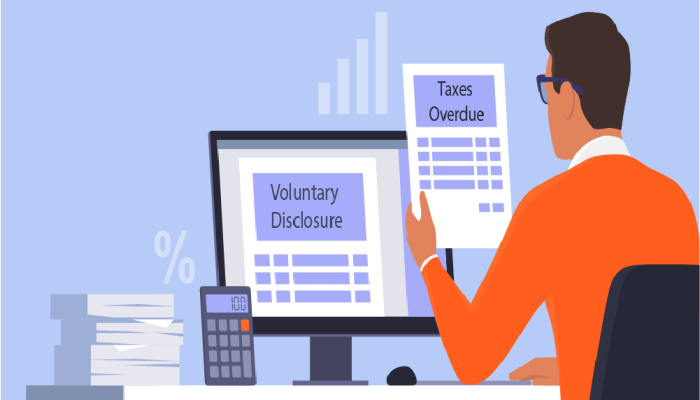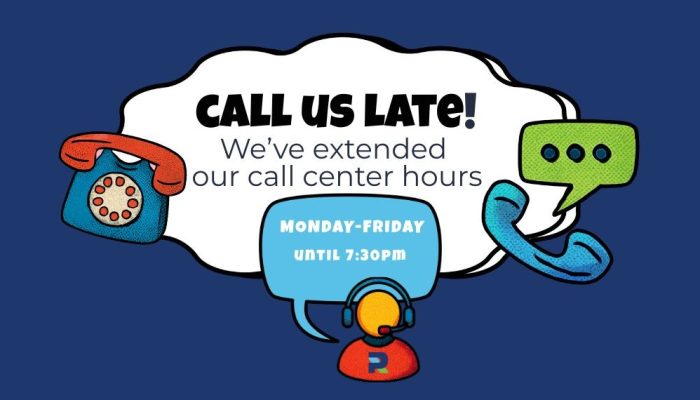Doing business in Philly means paying—and filing—certain taxes. It’s the best way to stay in good standing with the city’s tax rules. As an independent contractor, it’s a good idea to know what taxes you need to file and pay. Here are five tips to help:
1. Understand that you’re self-employed
An independent contractor is someone who works for themselves. You’re your own boss, which means no employer is withholding and paying taxes for you. Whether you’re a freelancer, software consultant, or construction worker, the City considers you a business if you receive a Form 1099 from Philadelphia clients. You must, therefore, file the required business returns and pay any taxes owed.
2. Know the taxes
Philadelphia has over a dozen business taxes. Some taxes only apply to certain types of businesses, like Liquor or Parking taxes. The Business Income and Receipt Tax (BIRT), on the other hand, applies to all incorporated and unincorporated businesses in the city. Unincorporated businesses must also file and pay the Net Profits Tax (NPT).
BIRT and NPT are separate taxes:
- The BIRT is based on your gross receipts and net income from business activity conducted in Philadelphia. Gross receipts are all sales and services conducted in Philadelphia. The net income portion is the business profit, if any – do not confuse it with the Net Profits Tax.
- The NPT is based on your net profit – this is what you take as self-pay. It’s like a personal income tax, but for business owners. All business income earned by Philadelphia residents is subject to NPT, no matter where it’s earned. Non-residents are liable for NPT on all business profits earned in Philadelphia.
3. Know the rates
Philadelphia updates its tax rates yearly, typically by June, before the new fiscal year starts. For example, the rates for Fiscal Year 2026 were announced on June 12, 2025, and went into effect on July 1.
Find out more about each tax type (due dates, filing and payment requirements, methods, and frequencies) on our website. If you’re unsure what your tax obligations are, you should work with a Philadelphia tax professional. If you don’t have one, check out this program: phila.gov/businesstaxprep.
It’s easiest to make sure you’re paying the correct tax rate for the correct year by filing online at the Philadelphia Tax Center at tax-services.phila.gov.
4. Unmet tax obligations
Philadelphia’s Commercial Activity License (CAL) lets you do business in the city. You must comply with the City’s tax rules to keep your license. That means filing all your returns on time and paying all your taxes, fees, and charges in full.
You can pay on the Philadelphia Tax Center without a username and password. To file returns on this website, you must create a username and password.
Contact us if you need help resolving your tax debts. We offer a range of payment agreement options with flexible terms.
5. Take note of these recent tax policy changes
- Starting with Tax Year 2025, anyone doing business in Philadelphia must file BIRT returns and pay taxes owed. There’s no longer an exemption. Previously with the exemption, the City did not require businesses with taxable gross receipts under $100,000 to file and pay this tax. Read this blog post to learn how to plan ahead.
- Consider closing your account if you don’t owe any taxes or didn’t do business in Philadelphia last year. There’s no longer a No Tax Liability (NTL) form for these cases. (It’s easy to re-open the account if you restart your business in the future.)
Need help or have questions? Call us at (215) 686-6600!




